Semantic Search Why Is It So Important?
Companies are now spending millions of £’s in ‘long tail work’ looking at Semantic Search. We spend hours trying to use our knowledge trying to optimise the best of search working our way around what we think the Bing and Google algorithms are doing. We are trying to maximise the use of our micro meta data our keyword density and our organic data strategies to scrape every little bit of search rank real estate to influence our position. The algorithms that drive bing and google are becoming ‘self learning’ so as to become artificially intelligent. The implications of which will lead to ever increasing changes that will effect contextual and Semantic Search results.
The conversion holy grail that we all strive for is increasingly being influenced by the semantic search elements of the self learning algorithms of bing and google. Thats why we must focus on a good user ‘read’ or experience that will drive conversion rather being wholly obsessed with trying top stuff and manipulate the keywords into an article at the expense of adding anything useful to a reader.
So What is Semantic Search?
Semantic is Mid 17th century in origin from the French sémantique and from the Greek sēmantikos meaning significant. In simple terms Semantic search basically takes any elements associated and related to an article, website, image and now even voice. The correlation from all the other billions of data elements that both Bing and Google have gathered over time are interrelated in virtual contextual ‘links’. This huge repository of information acts like a database that is matched by the algorithms according to the ‘semantic’ or significant elements of that particular searches intent. This ‘leaned’ ability over time delivers more personalised and highly relevant results. The semantic search results are nicely summarised in Googles knowledge graph.
Why is Semantic Search so Important for the User?
The user of any search will not know or quite frankly care about the fact that semantic search plays such a large part in their experience online. The contextual results that are displayed are a result of Google, Bing and all the major search engines trying to deliver the best user experience possible. The mass of semantic search data will result in a deeper understanding of the users intent for the search engine, more relevant data available for the user and less spam. So the semantic searches are the real key behind driving a better user experience for searches online.
Explosion in Data
The explosion in data growth which predicts data demand growing to more than 4300 % annually by 2020 will all help in usability. A new term Zettabyte having to be invented to cope with the data increase. (A Zettabyte unit of information equal to one sextillion or 1021 bytes.) Is not hard to see where search is going. As we sit hear in 2017 with voice now becoming the method of search preferred semantic search will get even more sophisticated and sort the wheat the from the chaff in user experience delivery.
Very particular mathematical models have been created to help in semantic search to improve the user experience such as Latent Semantic Indexing (LSI) which is the method to determine relationships between terms and contextual content. This is the most common way of determining the phrases and words on a page or image which are most important. Another important parameter is how the sentences or phrases are constructed and the subject matter that is part of that structure. So similarities in word structure is also very important here as it will stop spamming. This particular model is called natural language processing or Latent Dirichlet Allocation or LDA.
Another commonly used element within the semantic search algorithms is Frequency-Inverse Document Frequency or TF-IDF which was first devised in 1972 and is used for the term relevance factors in a piece of text. This is very important and why the use of tittle tags, h1 tags including your key words are important in helping your article phrase or keyword being associated with the semantic context of the piece.
Why Entity Based Search Helps in Semantic Search
Entity based search also correlates to semantic search by associating an entity, which are people, places or things and places an identifier to the various elements within that phrase. How this phrase is broken and deconstructed is important in deriving the context of the conversation. Lets take a search for Nicole Kidman for example. Here are the results.
Within these results you can see the news, bio, pictures, movies and social and various stories and articles where Nicole Kidman has been tagged and discussed at length.

Browser with Nicole Kidman selected to show the difference elements of Semantic Search and how it works.
The search context are shown below. They show the pictures, bios. text, directories, news results which show how the information is related to the ‘entity’ definitions. does and the importance of its role in semantic search.
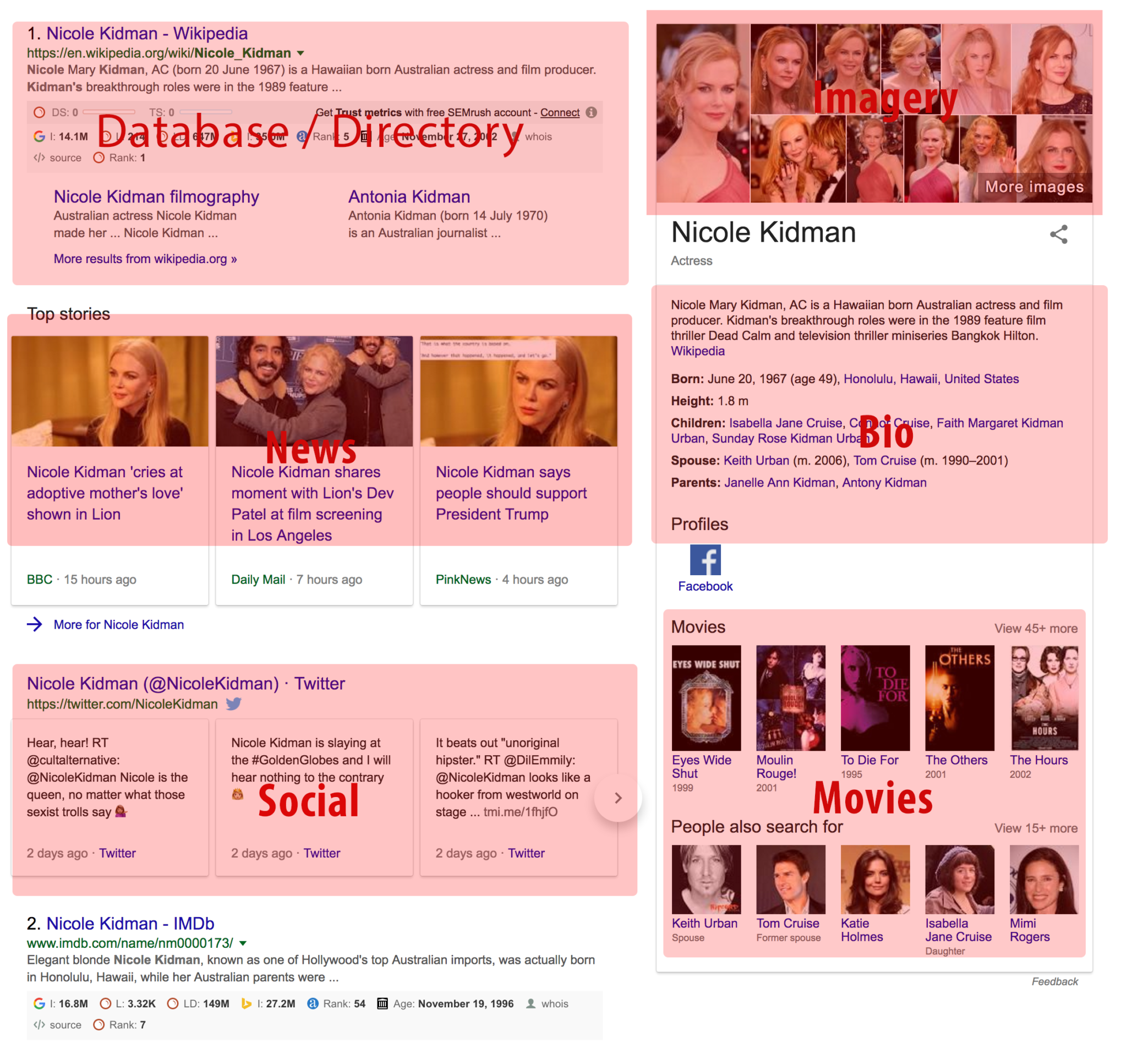
Search results example for Nicole Kidman, the 41 m searches show how the entity elements go to make up all the various branches from the different nodes.
You can see why Semantic Search has had more importance placed on it over recent months. The power to include more keywords that relate to the focus keyword and content on the page is huge and is something every marketing manager should be looking at.
Let me know what you think about Semantic Search and whether you will be going back through your content to improve your SEO?


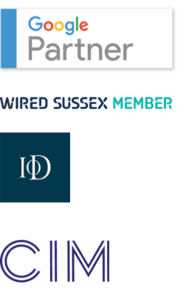
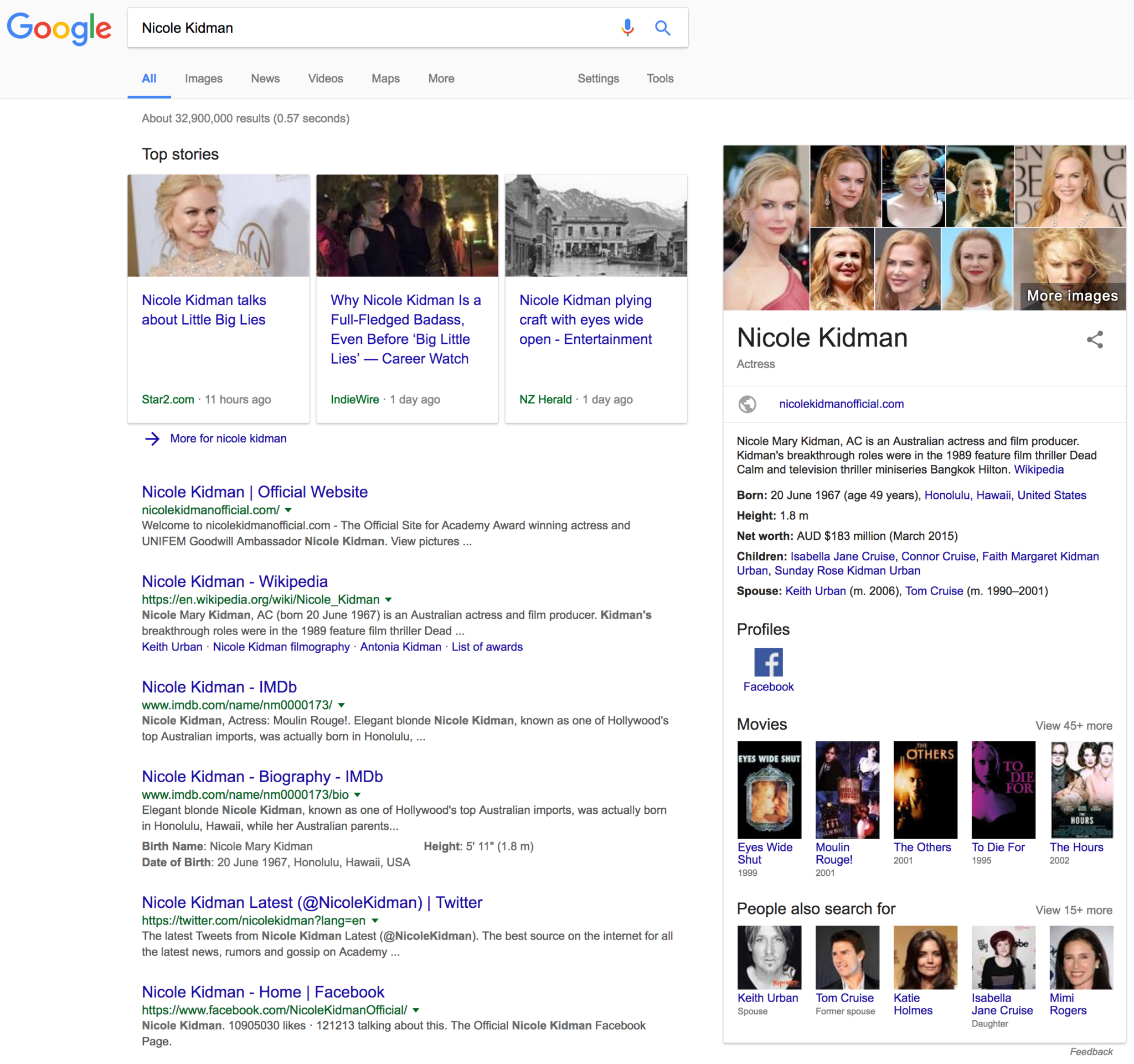

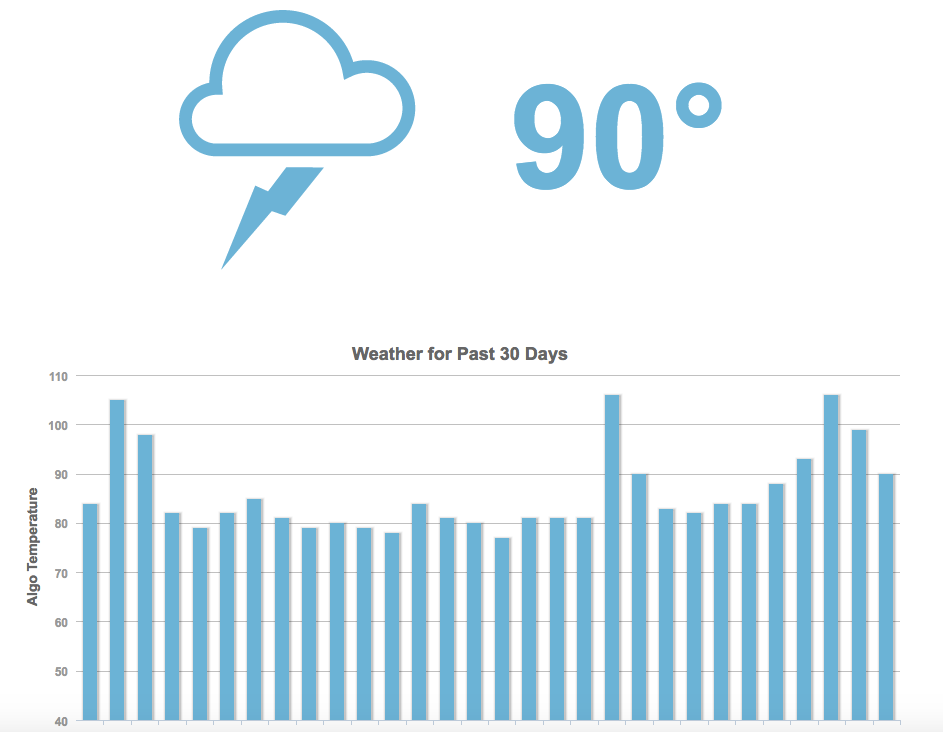
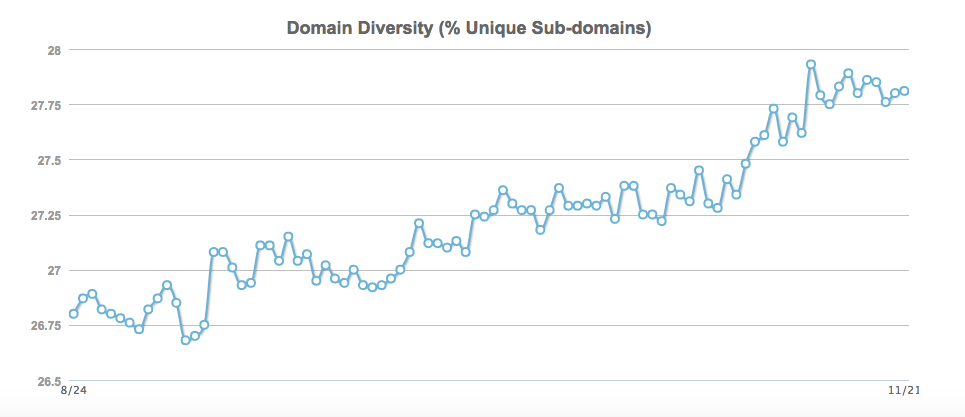

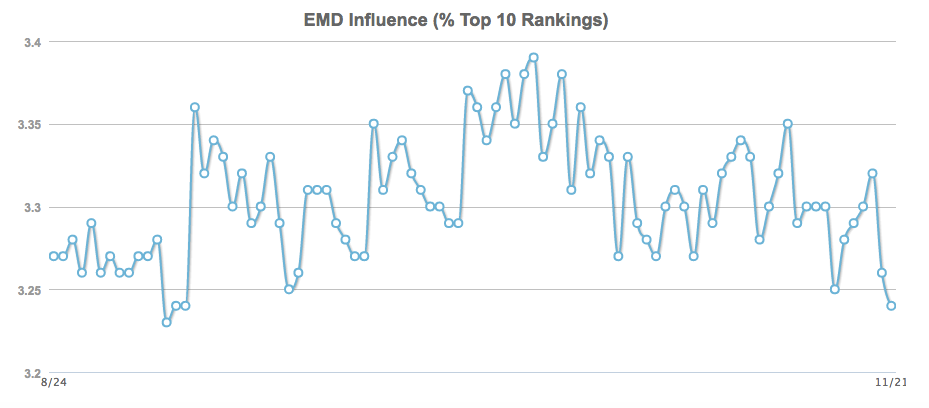
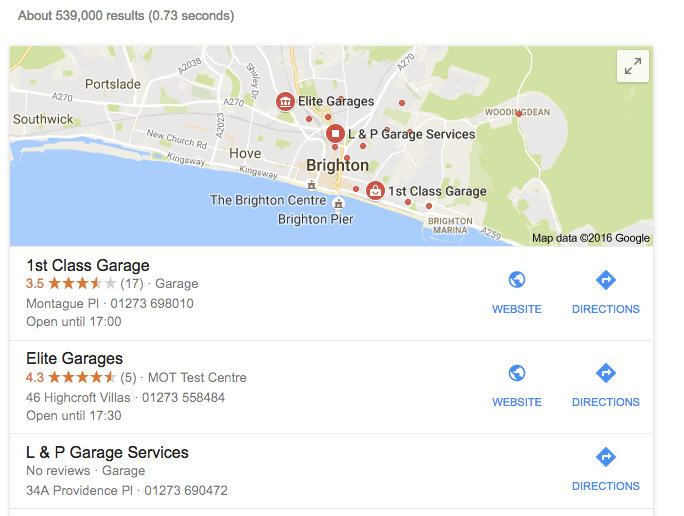
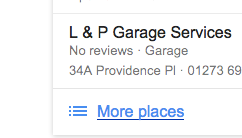

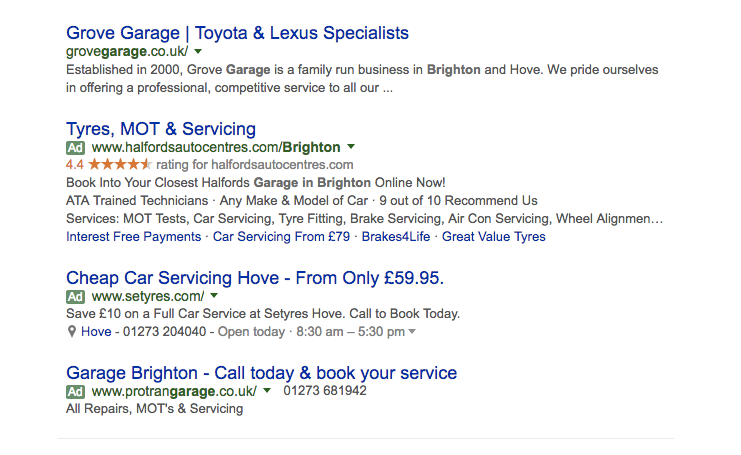 The advertising that sits at the bottom has pushed the results on the organic SERPS which used to be firmly 10 down to an average of 7. These 3 ‘missing’ places have been replaced by the adverts you see at the bottom of the page. OK this started to happen back in April this year when the right hand advertising block disappeared from Google only to be added to the top and bottom of the page.
The advertising that sits at the bottom has pushed the results on the organic SERPS which used to be firmly 10 down to an average of 7. These 3 ‘missing’ places have been replaced by the adverts you see at the bottom of the page. OK this started to happen back in April this year when the right hand advertising block disappeared from Google only to be added to the top and bottom of the page.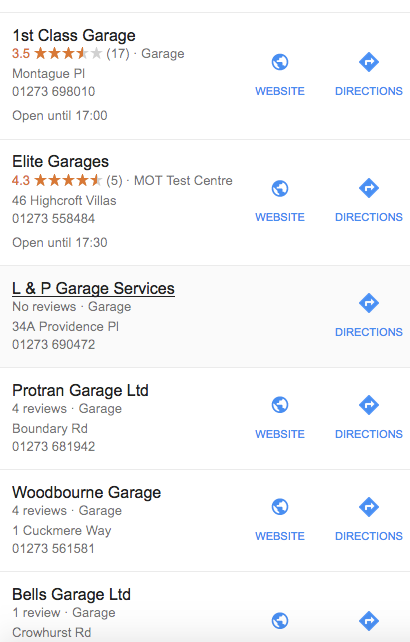 We wanted to find a little more about the Microsoft side of the story by talking to Bing ourselves to get their take on all the changes in SERPS in the Bing search engines.
We wanted to find a little more about the Microsoft side of the story by talking to Bing ourselves to get their take on all the changes in SERPS in the Bing search engines.